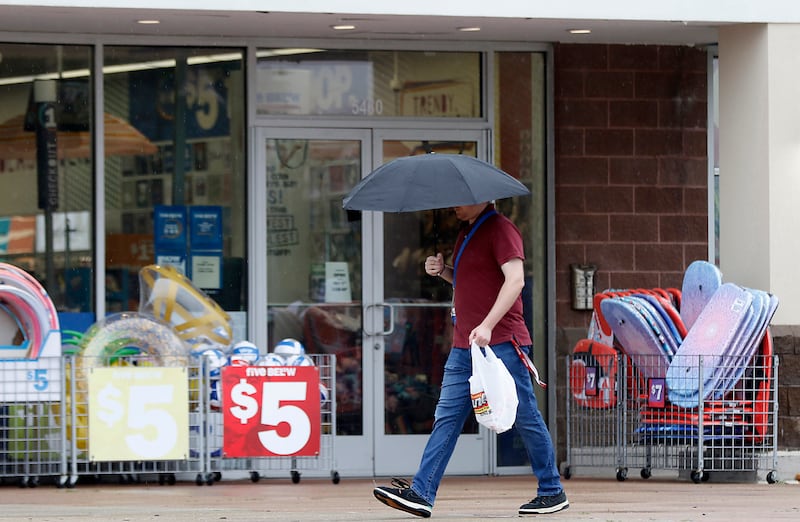Crystal Lake will enact a 1% grocery tax as the statewide tax ends at the start of next year, but will keep its home rule sales tax steady at 1.25%, despite previous vows to lower it if the grocery tax continues.
In March 2024, the city raised its home rule sales tax by half a percent in anticipation of the statewide grocery tax ending. The City Council passed that ordinance with a promise to lower the tax by 0.25% at a future date if the grocery tax remained. In total, shoppers in Crystal Lake pay 8.5% in sales tax, only a fraction of which goes to the city.
The state did decide to end its 1% grocery tax that benefits local municipalities on Jan. 1, but Crystal Lake is taking its option of extending the tax.
And now, many unfunded state mandates have prompted city staff to reconsider and recommend against lowering the local sales tax. Some projects include an estimated $20 million to replace all lead water pipes within 10 years and new state requirements for additional body-worn cameras and trainings for police officers.
“Adopting that local grocery tax will allow the city to maintain and improve our infrastructure that serves the community while keeping the debt burden low and being fiscally responsible for future generations,” Crystal Lake Director of Finance Jodie Hartman said.
The City Council unanimously agreed Tuesday to continue the 1% grocery tax. Hartman estimates the city will receive about $2 million annually from the tax.
Another large project is on the horizon to replace water main lines as they reach or surpass 100 years in age, Hartman said. Renovations to the police and fire department facilities also have been expressed as a need.
Further down the is possible state legislation that could ban PFAS, or what’s known as “forever chemicals,” in firefighter turnout gear by 2029 because of their links to cancer.
“So by the year of 2029, I’m going to have to figure out how we’re going to replace two sets of turnout gear per member at the cost of somewhere around $600,000, although nobody’s been able to quote us a price of the new turnout gear that is PFAS-free because there’s only one manufacturer in the world that can currently make it,” Fire-Rescue Department Chief Craig Snyder said.
Fire engine costs have also drastically gone up in price, from $550,000 before 2020 to $1.19 million now, Snyder said.
The city initially raised the home rule sales tax last year to keep up with demands as the city continues to grow from new housing being built. The increased sales tax, which is estimated to bring in an extra $4,550,000 annually, will help fund needed additional police officers and firefighters, Hartman said at a City Council meeting last year.
Since the March 2024 vote to raise the local sales tax, the lead pipe replacement program dropped its due date by seven years. With the shortened timeline, the city expects to pay double annually, according to city documents. Council member Ellen Brady said she wouldn’t be supporting the grocery tax continuance if it weren’t for the unforeseen changes.
“Things have changed since then,” she said.
Many municipalities have made the move to enact a local 1% grocery tax after Gov. JB Pritzker and state lawmakers removed the statewide tax last year.
Council member Denise Smith said she sees the end of the statewide grocery tax as “a political manipulation by our governor to make himself look better at the expense of our municipalities.”
Mayor Haig Haleblian said he prefers to take the route of taxing anyone shopping in the city, rather than increasing property taxes on residents.
“Things are not going to get any cheaper,” he said. “We have to take the least offensive way to keep this city running as well as it does.”
